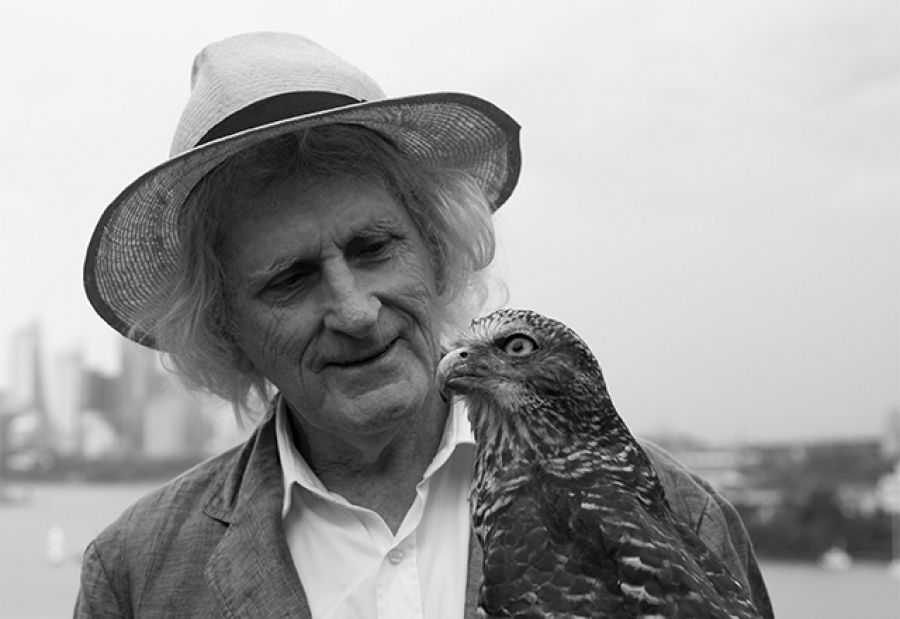
- Free Article: No
- Contents Category: Poet of the Month
- Review Article: No
- Online Only: No
- Custom Highlight Text:
Poetry is song, every word in every line must work, each word transcribed like a note, each line connected to a breath. Fine prose is song, too; each word in the sentence must earn its existence. Thought is both a god and a devil to the line’s ability to sing.
Are poems ‘inspired’ or are they solely the work of craft?
Unfortunately, some find the word ‘craft’ suspect these days. Craft is all important, first drafts come wild and rough. As a poem takes shape on the page, I use technique to break circuits of false perception, tightening lines until the final draft snaps into place.
What is the difference between poetry and prose?
Poetry is song, every word in every line must work, each word transcribed like a note, each line connected to a breath. Fine prose is song, too; each word in the sentence must earn its existence. Thought is both a god and a devil to the line’s ability to sing.
What circumstances do you need to write a poem?
Love and order. Juno, my wife and muse has my number: I can’t hear telephones when I’m writing. I can work in my head early in the morning on the river, surrounded by fish and birds. At night, it’s a book-lined room. I write with a special quill from a Brahminy kite, ink on Arches paper, then transcribe the lines on a MacBook.
Which poet would you most like to talk to – and why?
I’d like to meet William Blake. He might teach me how to etch and print with his angels.
What do poets need most: solitude or a coterie?
In my twenties and thirties, a coterie was my poets’ singing school. Then I sought Shelley’s ‘waste and solitary places’. Now I cherish time when I am in the solitary space of composition.
What have you learned from reviews of your work?
Good reviews have given me confidence, bad ones have taught me to write another book. Feedback is either grist or shell-grit; words swallow words, eventually becoming strong lines in poems. Reviews are spurs on each side of the brain. I need them, I don’t need them, I read them.
If Plato allowed you to keep one poem in his Republic, what would it be?
Rimbaud’s A Season In Hell.
Do you have a favourite line of poetry (or couplet)?
Two lines from ‘The Caged Skylark’ by G.M. Hopkins. The inventive language sways me. ‘As a dare-gale skylark scanted in a dull cage, / Man’s mounting spirit in his bone-house, mean house, dwells –’ There are not many single lines or couplets compounded with this much musical language and coupled with such tough meaning. Maybe Shakespeare or Geoffrey Hill.
Is poetry generally appreciated by the reading public?
Memorable poetry is appreciated; great poetry often takes time to settle in: Keats and Shelley only sold a few copies of their books in their lifetime. Some contemporary poetry has much doctrinal thinking as ballast; it trips on its own tail, over-zested, didactic. Good poetry reaches well beyond questionable good intentions; above all, the reading public loves poetry that is lucid and relevant to them. Think of a trendy cryptic poet you have read lately and ask yourself: how many lines of their work can you remember?
Robert Adamson has won major Australian poetry awards, including the Christopher Brennan Prize for lifetime achievement, the Patrick White Award, The Age Book of the Year Award 2006, and the Victorian Premier’s Award for Poetry 2009 for The Golden Bird. He currently holds the Chair in Poetry at the University of Technology, Sydney.


Comments powered by CComment